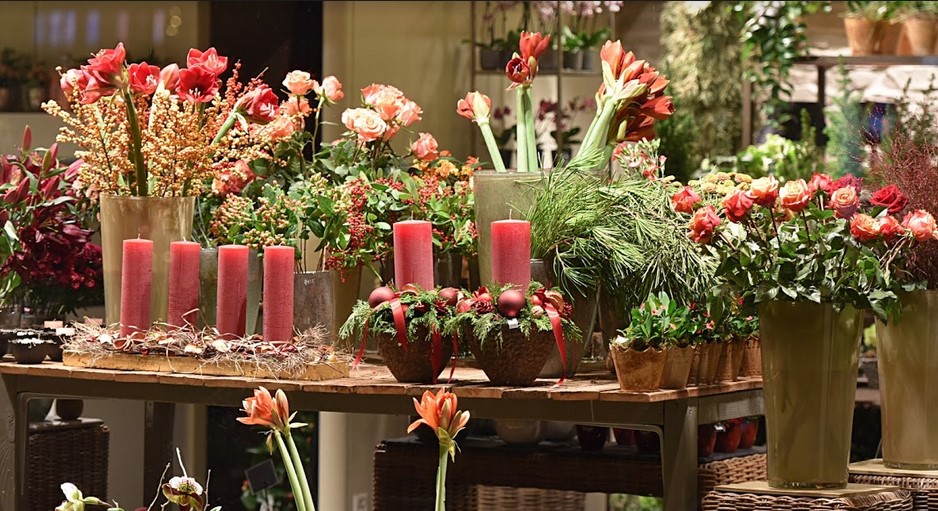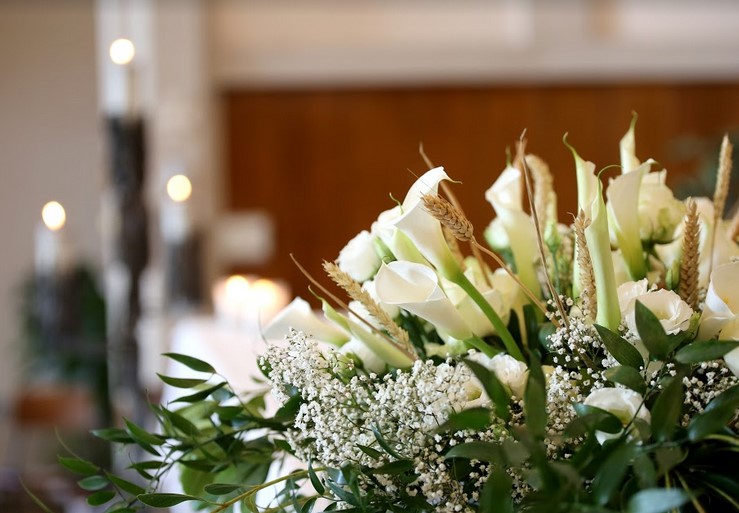The death of a loved one is a difficult life event to navigate. When you have a loved one who’s lost someone close to them, one of the first thoughts that come to mind is what you can do. In many cases, the answer to that question is providing flowers. Whether you’re planning a funeral and need to find flowers, or you’re sending sympathy flowers to someone else, here are some do’s and don’ts to follow:
- Buy Meaningful Flowers
When deciding to send your condolences through sympathy flowers, you’ll want to make sure you’re buying a bouquet that’s going to be meaningful. Different types of flowers are going to convey different meanings.
- Lilies symbolize innocence restored to the soul of the departed. White lily specifically represents majesty and purity, and is a great flower to use for funerals or as a sign of sympathy.
- Gladioli can measure up to four feet tall and serve as a very elegant option for funeral flowers. The flowers themselves symbolize strength of character, moral integrity, and sincerity. They can come in a wide variety of colors that can be personalized depending on taste.
- Carnations work great as sympathy flowers because of their ability to last long, as well as being very fragrant. There are three carnation colors that are popular for funeral and sympathy. Red represents admiration, pink is for remembrance, and white means love and innocence.
- Roses are the most common flowers for funeral and sympathy as they can symbolize reverence, innocence, youth, and humility. Red specifically represents respect, courage, and love, while pink shows appreciation, gentleness, and grace. Lastly, yellow roses are an uncommon color choice, but they actually represent strong ties, which can be a great choice for sympathy flowers.
- Daffodils and tulips are an arrangement that’s often full of bright colors, which serve the purpose of bringing happiness in a dark time. Tulips themselves represent grace and elegance, as well as cheerfulness. White represents forgiveness, purple represents loyalty, and red represents perfect love.
- Personalize Your Bouquet Choice
When buying funeral flowers, personalization plays a huge factor. While choosing personal sympathy flowers is important as well, when buying flowers for the funeral, this is even more important. Funeral flowers should be a representation of the deceased as the funeral is a chance to remember a lost soul. In order to personalize a bouquet well, it’s a good idea to go to a florist and talk through what you want and get ideas from them..
Some ideas to personalize a flower arrangement include:
- Incorporating a favorite sports team
- Including a hobby
- Adding a ribbon with their name or relationship
- Choose flowers that they loved
- If they don’t have a favorite flower, focus on favorite color

- Check If Flowers Are Wanted… Don’t Send Them If They’re Not
Some families will specifically request to not have flowers delivered. You can check if flowers are welcome by looking at the funeral announcement, checking the obituary, or asking the family of the deceased.
It’s best to respect the families’ wishes. If they say they would prefer not to have flowers sent, don’t send the flowers. In that case, they’ll ask for donations to a certain charity or organization instead.
- Don’t Buy From Big-Box Florists
While there’s an appeal of ordering online because it’s quick and painless, many times, that will mean you’re not getting the best product available or you’ll be receiving flowers in a box that you, then, have to arrange yourself.
Local florists, on the other hand, will guarantee freshness, as well as the delivery of a fully arranged bouquet. When it comes to choosing the right flower shop, here are some things to look into:
- Flower variety
- Level of customer service
- Reviews
- Expertise/experience
- Price
- Don’t Forget To Leave A Card
While one of the toughest aspects of extending sympathy to a loved one after a loss is finding the right words, it’s very important to make sure the flowers you send include a card with a message of support and sympathy.
A few examples of what your card can say are:
- “My thoughts are with you during this tough time.”
- “Our hearts go out to you during this difficult time.”
- “Please accept our condolences…”
Conclusion
Funeral and sympathy flowers can be difficult to choose, but it doesn’t have to be. If you can look at these do’s and don’ts and ultimately keep the deceased loved one in mind while making your decision, there’s a good chance you’ll make the right one. Whether you’re preparing a funeral flower arrangement or a sympathy bouquet, the same rules of etiquette can be applied.
Related Posts












